Your cart is currently empty!
Kenichi Mikawa
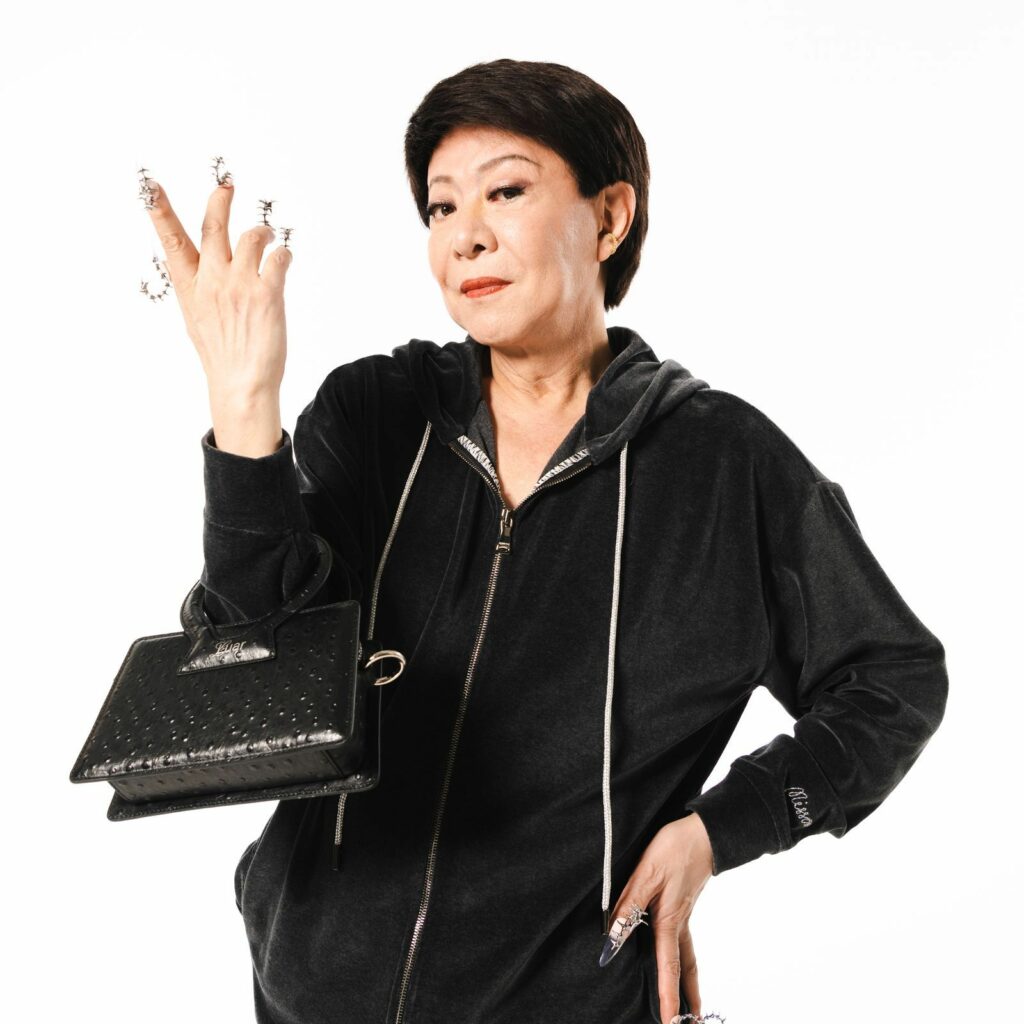
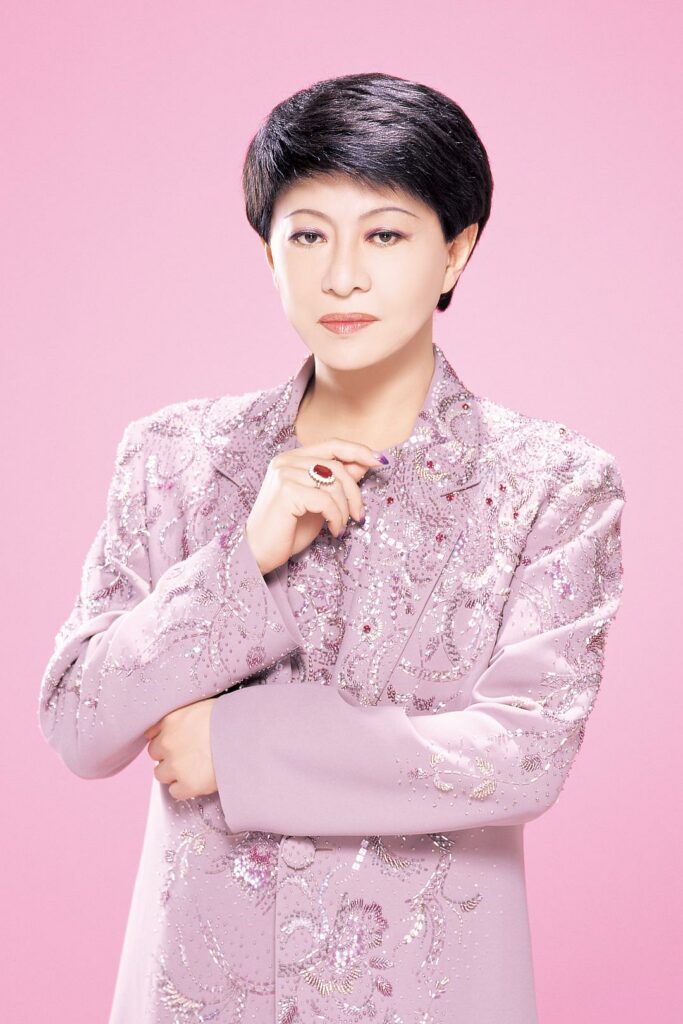
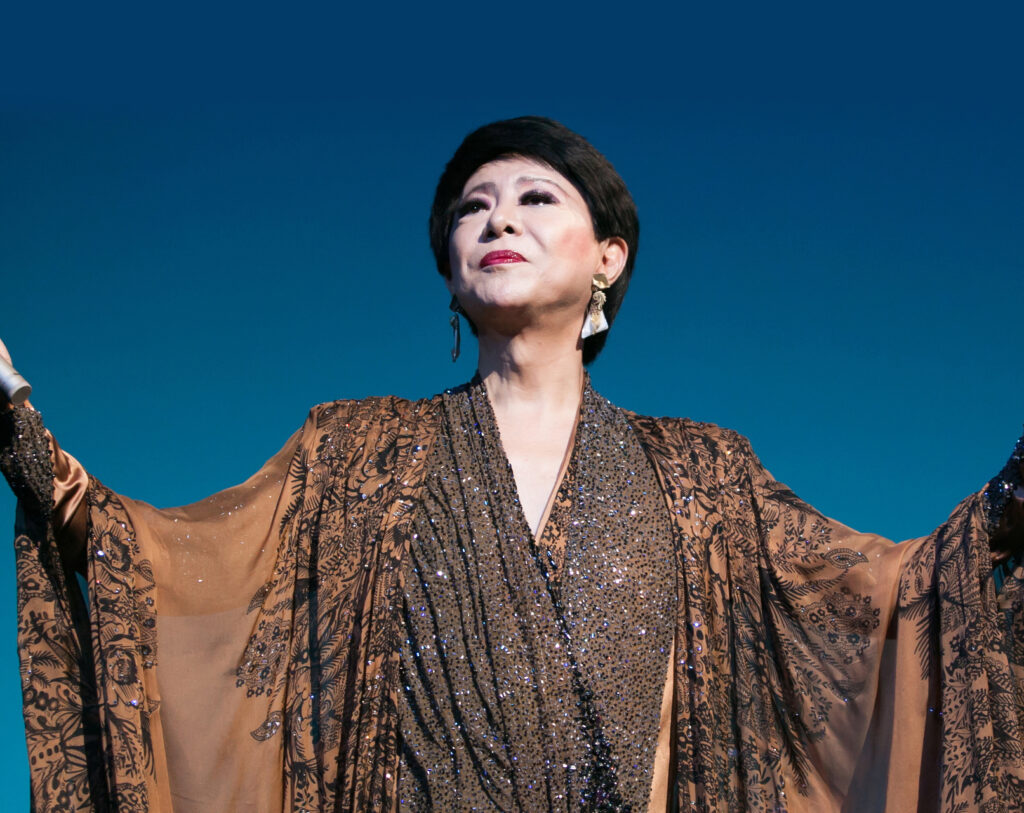
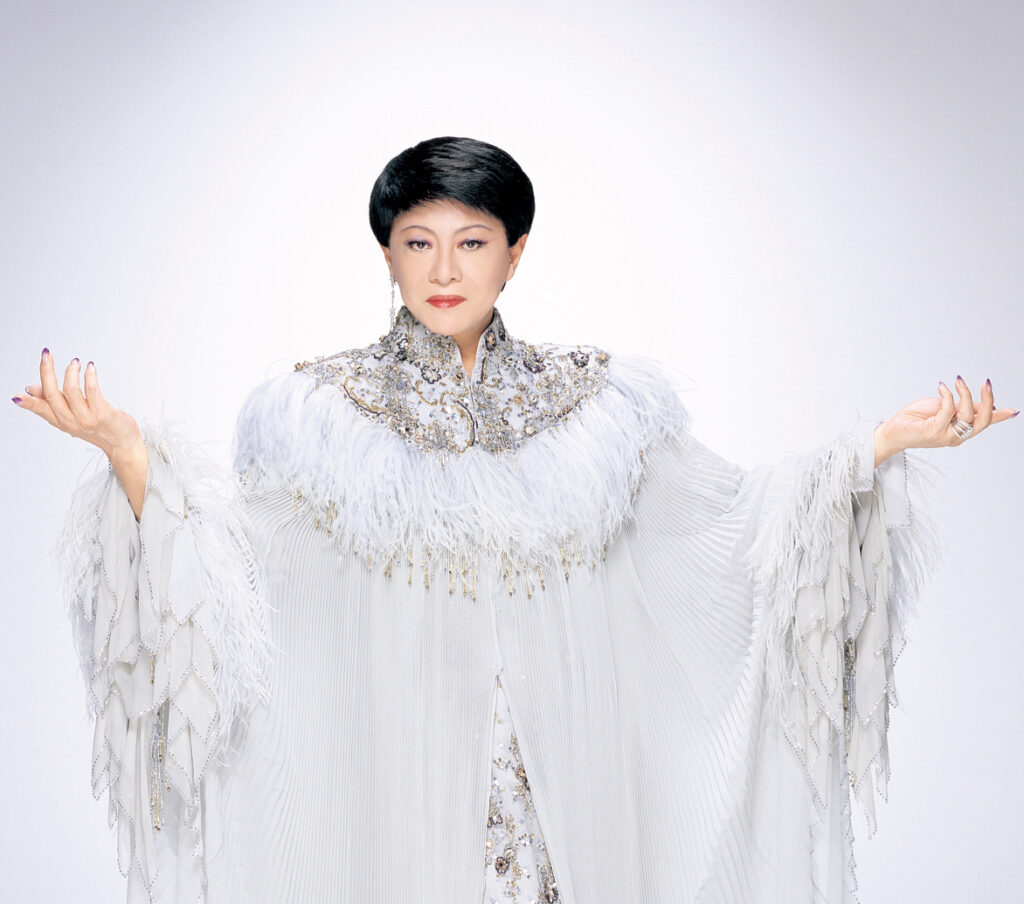
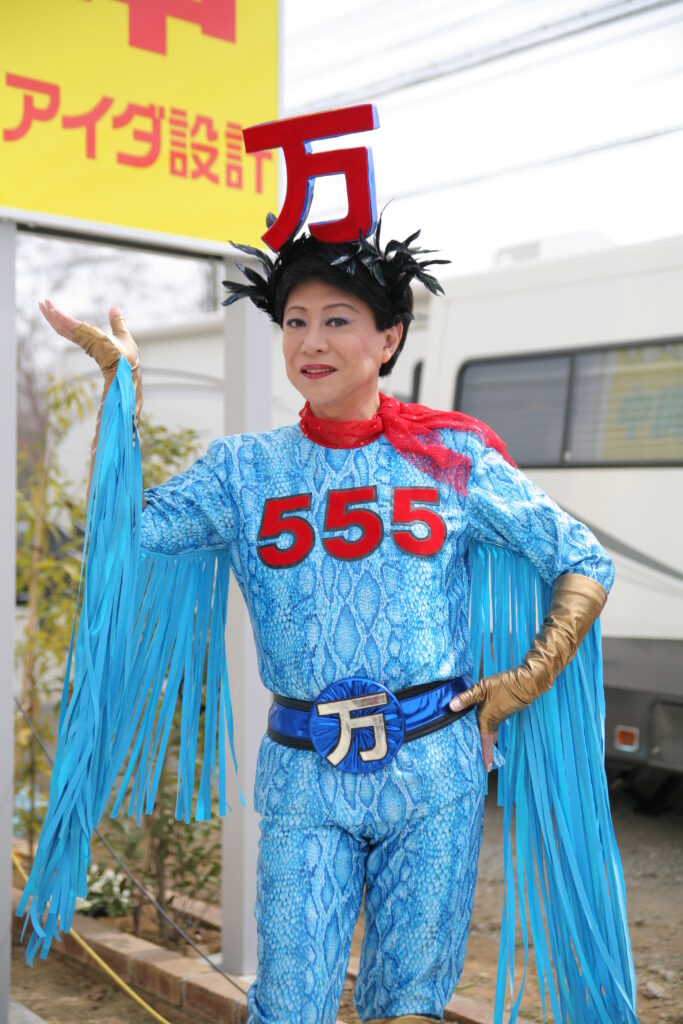
Born: May 15, 1946
Birth Name: Yoshikazu Momose (百瀬 由一)
Birthplace: Suwa, Nagano Prefecture, Japan
Occupation: Singer, television personality
Identity: Gay, gender-nonconforming
Known For: Flamboyant fashion, enka music, variety show dominance, queer visibility
Overview
Kenichi Mikawa (美川 憲一) is a legendary Japanese enka singer and television personality, best known for his sharp wit, elaborate costumes, and public queerness. His use of onē (オネー) style, a traditionally effeminate and flamboyant gender expression associated with gay men in Japanese media, helped reshape norms in the entertainment world.
Openly gay and proudly gender-nonconforming, Mikawa is considered a trailblazer who carved out a space for queer self-expression on Japanese prime-time television during a time when open queerness was rare and risky.
Early Life and Music Career
Kenichi Mikawa was born as Yoshikazu Momose in Suwa, Nagano, on May 15, 1946. He began his music career in the mid-1960s, debuting with the song Dakedo Dakedo Dakedo (だけどだけどだけど) in 1965. His style at the time was traditional enka, and he presented himself in a conventionally masculine image aligned with industry expectations.
Throughout the late 1960s and early 1970s, Mikawa released a string of hits, including:
- Yanagase Blues (柳ヶ瀬ブルース) (1966)
- Niigata Blues (新潟ブルース) (1967)
- Kushiro no Yoru (釧路の夜) (1968)
- Onna To Bara (女とバラ) (1969)
- Miren Machi (みれん町) (1970)
- Sasoriza no Onna (さそり座の女) (1972), his signature hit
Despite his early success, his popularity declined in the mid-1970s.
Reinvention and Cultural Impact
Mikawa reemerged in the 1980s with a radically new look that included makeup, wigs, and flamboyant fashion. He rejected masculine norms and fully embraced the onē aesthetic. This transformation initially shocked the industry but ultimately revived his career and cemented his place in pop culture.
He embraced a public image that blurred the lines of gender and glamor. His biting commentary, self-deprecating humor, and striking visual performances became staples on variety shows and New Year’s Eve specials.
A major part of his resurgence was his return to NHK’s Kōhaku Uta Gassen, Japan’s most high-profile televised music event. Mikawa’s annual costume battles with fellow enka legend Sachiko Kobayashi became a highlight of the show. These performances combined theatricality and rivalry in elaborate, often surreal outfits.
Queer Visibility and Identity
Kenichi Mikawa is openly gay and has used his platform to showcase gender-nonconforming expression for decades. His embrace of the onē style, a coded and often misunderstood form of queer presentation in Japan, challenged rigid binaries of gender long before broader societal acceptance took hold.
In Queer Japanese: Gender and Sexual Identities through Linguistic Practices by H. Abe (2010), Mikawa is cited as a pivotal example of how language and performance intersect in queer Japanese identity formation. His linguistic flamboyance, combined with his unapologetically feminine presentation, helped normalize queer presence on mainstream television.
He does not conform to Western identity frameworks and resists being labeled beyond simply being himself.
Media Persona and Television Career
Mikawa is a household name not only because of his music but also because of his dominance in Japanese variety shows. He is a frequent guest known for gossip, commentary, and theatrical flair. He often uses humor to critique social norms and gender roles, building a reputation that is both campy and sharp.
His media persona is inseparable from his fashion choices. Mikawa has appeared on:
- Shabekuri 007
- Ayuready?
- Numerous year-end awards shows and entertainment programs
Discography
- Dakedo Dakedo Dakedo (1965)
- Yanagase Blues (1966)
- Niigata Blues (1967)
- Kushiro no Yoru (1968)
- Onna To Bara (1969)
- Miren Machi (1970)
- Midnight Mood With Kenichi (1972)
- Sasoriza no Onna (1972)
- Hoshizurani: Kenichi Mikawa Sings the Heart of a Woman (1973)
- Natsukashi no Uta, Omoide no Uta (early 1970s)
- Onna no Asa (early 1970s)
- Golden Paradise (1991)
- Ai wa Jerashii (愛は嫉妬(ジェラシー)) (2009)
Legacy
Kenichi Mikawa has remained a constant figure in Japanese culture for over 50 years. As one of the first openly gay male celebrities in Japan, he has helped shift public conversations about gender and sexuality. His refusal to conform, his longevity in an industry that often sidelines older talent, and his ongoing defiance of gender presentation norms have made him a queer icon.
He has inspired generations of queer entertainers, drag performers, and androgynous pop stars across East Asia.
Quotes
“I’m not a man. I’m not a woman. I’m just Kenichi Mikawa.”
“Outrageous is good. At least it gets people talking.”
“Fashion is my weapon and my shield.”
Leave a Reply